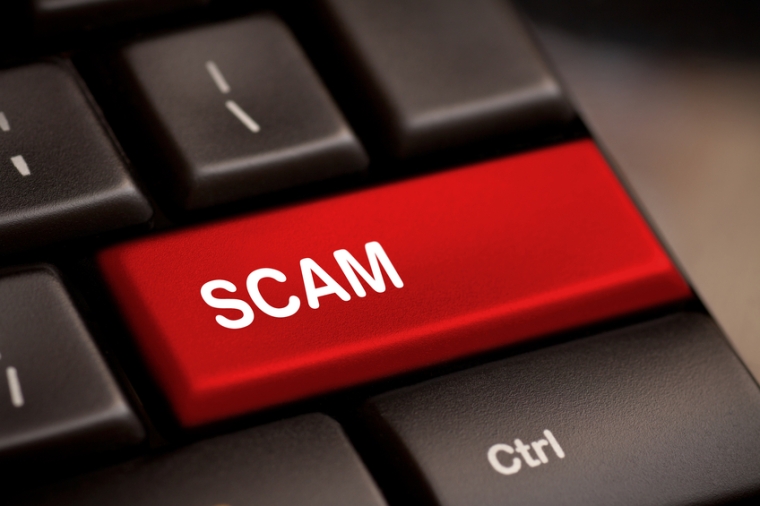
The following are scams that were reported to Better Business Bureau serving the Northwest in October. In most instances names and locations have been omitted to protect the victims’ privacy.
ALASKA
Healthcare Scam
An Anchorage woman reported she was contacted about healthcare services that may have been a scam. She states she got a phone call from someone asking for her Medicaid information to see if she qualified for healthcare services. The woman believed the call to be a scam to obtain her personal information and reported the call to Scam Tracker.
Lottery Scam
A Haines man reported he received a card in the mail stating he had an unclaimed reward worth up to $100. He was told to call a toll-free number to claim the winnings or they would be forfeited. He called the number and was told he needed to pay $4.95 over the phone with his credit card. They offered to drop the price to $2.95 since he was a senior. The man did not report whether he paid the charge, but he did report the incident to Scam Tracker.
IDAHO
Government Grant scam
An Idaho Falls man lost $2,300 in a government grant scam. The man states he was told to purchase two iTunes gift cards for $299 and $1,999 and read the numbers over the phone. The caller claimed this would release $11,800, which would be placed in his account. After doing this he was told he needed to purchase another one for $1,200. He has since quit communicating with the caller.
Jury Duty Scam
A Nampa man reported he lost $189.30 after he received a call from someone claiming there was a warrant out for his arrest for not reporting to jury duty. The man believed it to be true as he did ignore a jury duty notice. The man was told to purchase a Green Dot card at Walgreens for $189.30 and go to the Canyon County Court House. He purchased the cards and relayed the Green Dot card number to the caller. The caller told him the card did not work and he needed to go back and get another one. That is when the man realized it was not a legitimate call.
MONTANA
Medical Equipment Scam
A Belgrade Montana woman reports her mother lost $350 after she was contacted by a company selling medical alert systems. The woman states her mother paid $350 over the phone and never received the system. All calls made to the number go directly to voicemail.
Advertising Scam
A Great Falls woman reports the company HS Backers tried to sell her advertising on athletic scoreboards at local high schools. The company claimed to be representing Great Falls High School and C.M. Russell High School. The woman did not purchase advertising and later learned the company does not do business with those schools.
OREGON
Malware Scam
A Salem woman reported she lost $200 to a malware scam. She states she was using her laptop when a notice appeared on her screen advising her to call tech support. Her computer froze so she called the number. The person who answered claimed to be with JRG Ventures LLC. They told her she needed to pay $149.00 for a “one-time fix” and an additional $50 to help with any further issues. She soon realized she downloaded malware and was tricked into paying for assistance.
Puppy Scam
A Coos Bay woman reported she lost $600 in a puppy scam. She states she purchased a St. Bernard puppy from www.maxwellsaintbernards.com. After making her payment she was told she needed to send $670 for pet insurance and travel. The company refused to refund her money and she ceased doing business with them.
WASHINGTON
Online Business Scam
A Kirkland man reported he lost $30 when an online business failed to send him his product. The company website, http://www.slumber.la, ceased communication with the man after his purchase failed to arrive.
Fake Kitten Adoption Scam
A Seattle man reported he came across a fraudulent cat adoption site. The man states the site www.kittensforadoption.us is a phishing scam posting fake numbers and cat pictures to obtain customers personal information.


![Photo by Psychonaught [public domain]](https://bbbnews4u.wordpress.com/wp-content/uploads/2014/04/american-cash.jpg?w=300&h=239)
You must be logged in to post a comment.